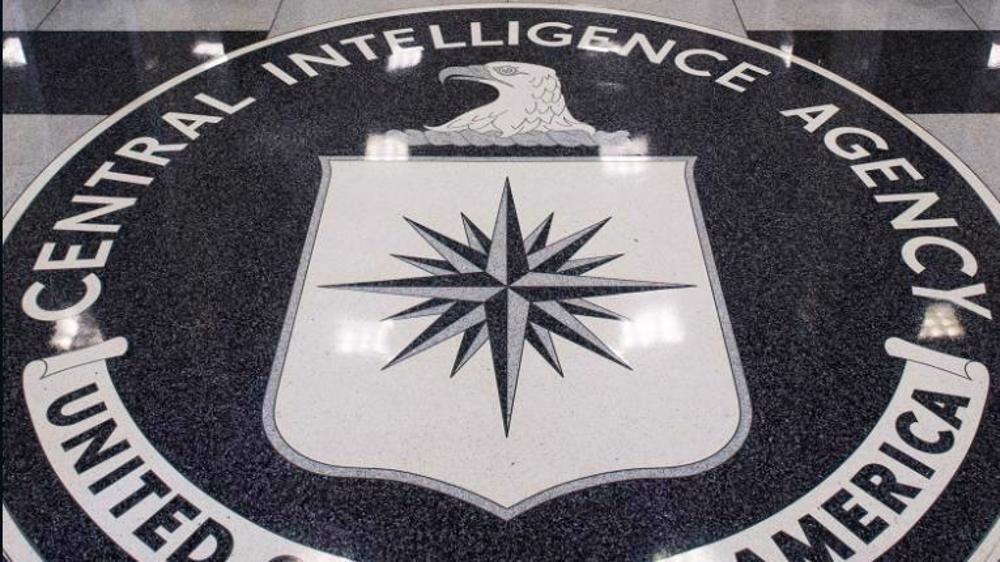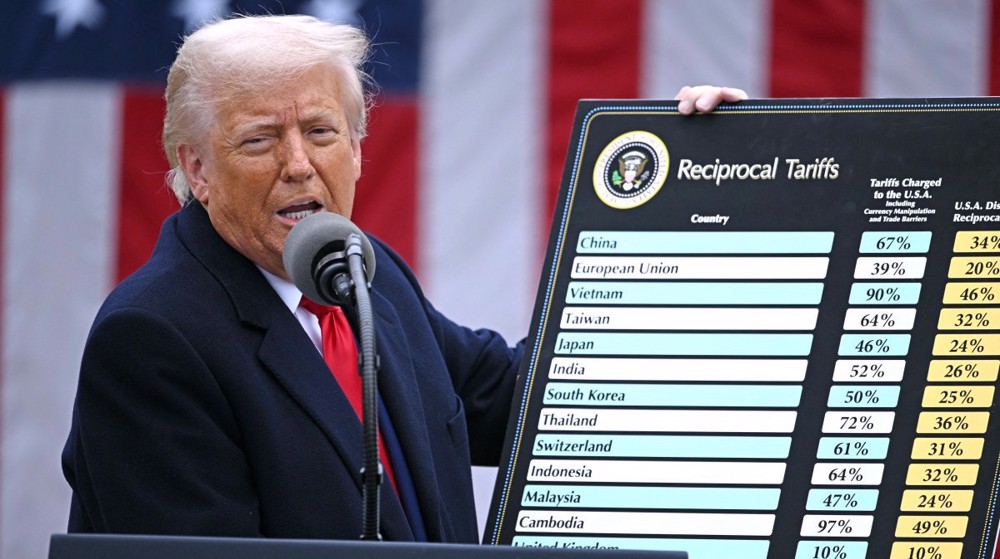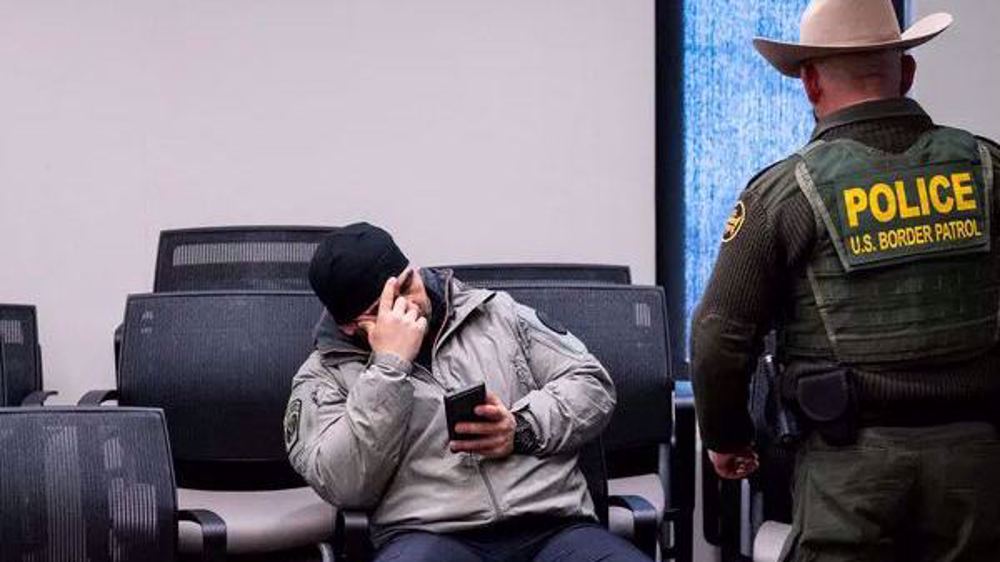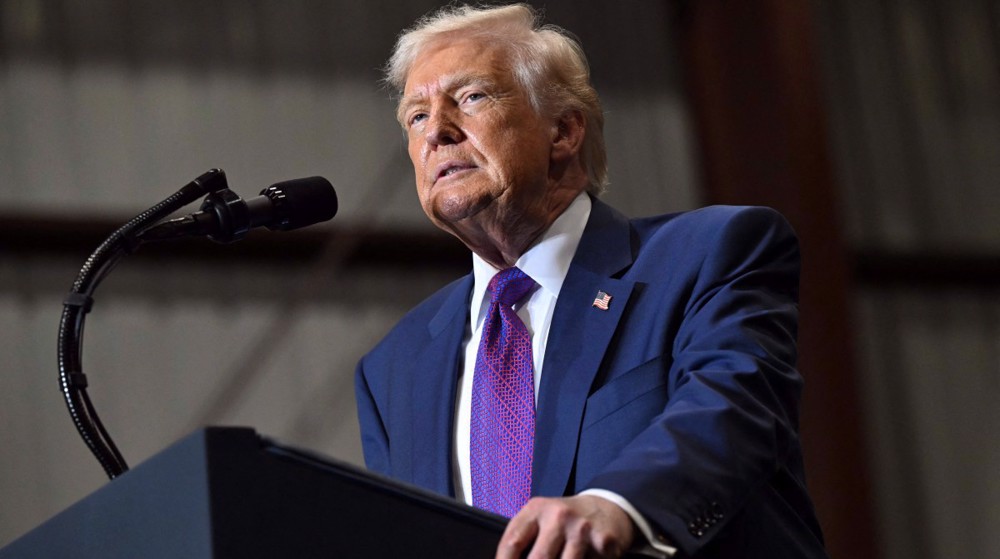CIA overhauling its network of spies with focus on China and Russia: Report
The US Central Intelligence Agency (CIA) is overhauling how it trains and manages its network of spies to focus more closely on adversaries like China and Russia, according to a report.
Several sources familiar with the CIA’s plans move told CNN that the agency is to transition away from 20 years of counterterrorism wars and focus on Russia, in particular China, which senior officials have openly said presents the agency with its biggest challenge.
A number of former officers and intelligence overseers said the CIA needs to get back to the kind of traditional, quiet tradecraft needed to collect intelligence against other nations, according to the report.
Sources said the CIA may better staff remote outposts seen as critical to the China mission, for example, places like in West Africa that have a lot of Chinese infrastructure investment.
The report said the agency should not merely hire more Mandarin speakers and invest in technology but should also develop officers with the appropriate expertise over the long term to collect human intelligence.
"The agency appears in many ways to be trying to replicate some of the things that worked well before the counterterrorism wars dominated everyone's focus," said Thad Troy, a former operations officer who served as chief of station in several European capitals, CNN reported.
Tying officers to a geographic area or functional issue "serves a worldwide mission better because you were developing and perfecting that geographical, issue — or in some cases, specific tradecraft expertise — and you were giving officers a place to grow, develop, and establish mentorship," Troy said.
"In general we are always looking for ways to develop our workforce professionally," a CIA spokesman said in a statement. "Our people are our top priority."
CIA Director Bill Burns has listed China as among his top priorities for the agency. He has called China “the most important geopolitical threat we face in the 21st century.”
"CMC will further strengthen our collective work on the most important geopolitical threat we face in the 21st century, an increasingly adversarial Chinese government," Burns said.
“Throughout our history, CIA has stepped up to meet whatever challenges come our way,” Burns said. “And now facing our toughest geopolitical test in a new era of great power rivalry, CIA will be at the forefront of this effort.”
Burns also said the CIA would continue to focus on "an aggressive Russia, a provocative North Korea and a hostile Iran."
As part of the agency's reorganization, the CIA has said it will fold mission centers on Iran and North Korea into existing groups covering each country's respective region.
Meanwhile, Deputy Director David Cohen said at a recent intelligence conference, “We are very focused on China these days, although I will hasten to add that in all of our conversations about China, we made clear that we are the Central Intelligence Agency, we are not the Chinese Intelligence Agency."
But, he added, "what we've come to realize is that we need to really enhance and synchronize our efforts around China.”
The CIA has acknowledged of creating a top-level working group on China as part of a broad US campaign focused on countering Beijing’s growing influence across the Pacific and elsewhere in the world.
The CIA said in a recent statement that the China Mission Center (CMC) was formed "to address the global challenge posed by the People’s Republic of China that cuts across all of the Agency’s mission areas."
The group will have weekly director-level meetings intended to drive the agency’s strategy toward China.
The group on China will become one of fewer than a dozen mission centers operated by the CIA to drive the agency’s strategy toward China. The announcement parallels the broader shift of the administration of President Joe Biden to confronting China as its leading "strategic competitor."
In June Biden announced a new task force at the Pentagon to assess and respond to Beijing's military challenge.
Biden’s administration has repeatedly signaled a shift of resources toward “great power” competition with China.
Family of US citizen killed by Israeli settler demands end to impunity
VIDEO | Press TV's news headlines
VIDEO | Trump’s 'Gaza Riviera' vs. tents: Deep divide over US' 12-point plan
VIDEO | Palestine Action is back!
Iran’s military alertness main ‘deterrent’ against enemy miscalculations: Top commander
Hezbollah confirms 8 fighters killed in Israeli strikes on eastern Lebanon
Settler attacks in West Bank have displaced 880 Palestinian families: UN
Lebanon’s president condemns Israeli strikes as 'blatant act of aggression'











 This makes it easy to access the Press TV website
This makes it easy to access the Press TV website